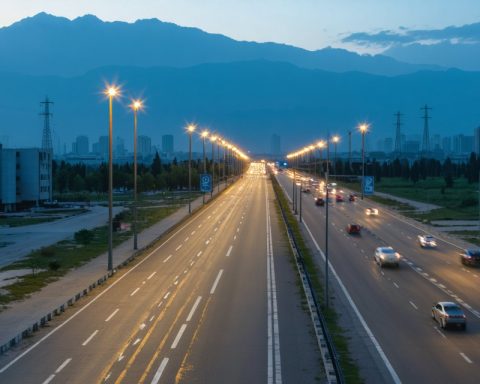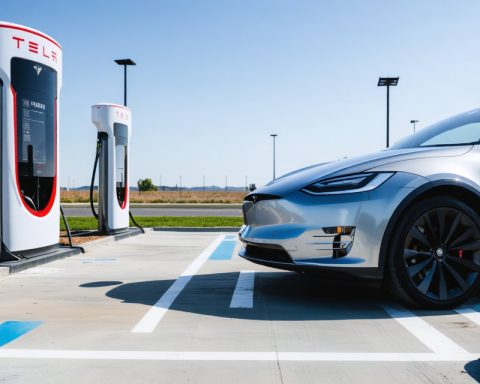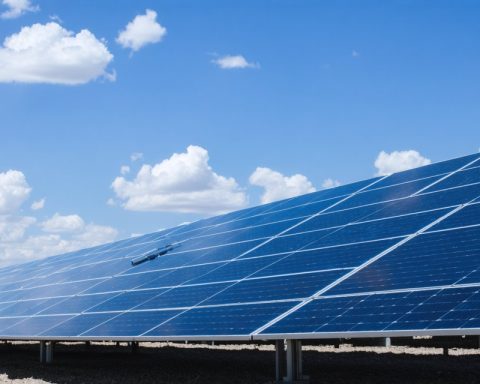Browse CategoryInfrastructure
Infrastructure refers to the fundamental facilities, systems, and services that are essential for the operation and development of a community or society. This includes transportation networks (such as roads, bridges, and railways), utilities (like water supply, sewage, electricity, and telecommunications), and public institutions (such as schools, hospitals, and government buildings). Infrastructure is critical for economic activity, social cohesion, and overall quality of life, as it supports the functioning of various sectors, enhances connectivity, and fosters growth. Well-developed infrastructure is often seen as a key indicator of a region's economic health and capacity for sustainable development.


















